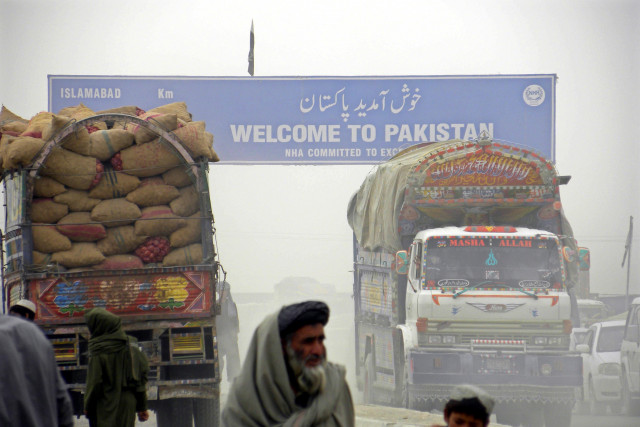Make long-term plans instead of obsessing over India: expert
Dr Shaheen urged Pakistani and international decision makers to capitalize on vast economic potential of the region.

Pakistan needs to reduce its obsession with India for its own good. There needs to be a long-term strategic narrative addressing Pakistan’s own problems, including terrorism and improving both governance problems and the law and order situation. This was said by Lt Gen. (Retd) Talat Masood, former Defense Secretary, during a roundtable organized by the Institute of Regional Studies (IRS) on Wednesday, said an IRS press release.
He said, “There is a future for Pakistan beyond the Haqqani network.”
Masood also advised US policymakers against publicly blaming Pakistan for any problems arising from their occupation in Afghanistan and underscored the sacrifices made by the country in the War on Terror. “Our sacrifices are wasted if the world thinks we are not suffering because of others but because of ourselves,” Masood said. He also warned the decision makers that the Pakistani people would suffer if relations between the two countries deteriorated further.
Dr Tahir Amir, a professor at the department of International Relations at Quaid-i-Azam University, criticized Pakistan’s foreign policy towards the US as one based on short-term tactical objectives.
He called for a renegotiation of the terms of engagement between Pakistan and the US based on long-term strategic objectives such as the resolution of the Kashmir dispute, normalisation of relations with India on the basis of sovereign equality and assisting with Pakistan’s water problems.
Dr Amin added that Pakistan was not successfully utilising the cards up its sleeve during renegotiations.
Jonathan Pratt, Political Counsellor at the US Embassy in Islamabad stated that both Pakistan and the US agreed on foreign policy priorities, but diverged on the timeline of implementation and priority and the steps taken to address them. Former Ambassador to Germany Asif Ezdi termed the problem of terrorism in Pakistan as “an outcome of the struggle between the haves and have-nots”. He said that the solution lies in resolving corruption and bad governance — only that would reverse the tide of Talibanization.
Independent Defense Analyst, Dr Ayesha Siddiqa, argued that Pakistan did not have a roadmap for the eradication of terrorism in the country, or the spillover into other countries and stated that its policy towards religious radicalism was rooted in denial.
Dr Shaheen Akhtar, Research Fellow at the IRS, urged Pakistani and international decision makers to capitalize on the vast economic potential of the region by constructively engaging one other and promoting reconciliation, especially between India and Pakistan and within Afghanistan.
Published in The Express Tribune, October 7th, 2011.


















COMMENTS
Comments are moderated and generally will be posted if they are on-topic and not abusive.
For more information, please see our Comments FAQ